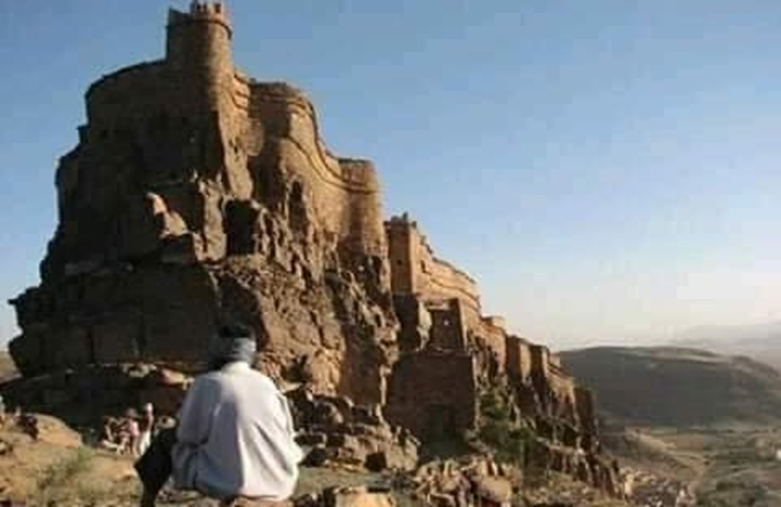?What do you know about the oldest banking system in history, or what is known as the Amazigh forts or warehouses of Agadir (Igozar)

They are the remains of traces of Amazigh fortresses that are deeply rooted in history, bearing witness to the ancient exploits in their regions, the nobility of their values, and the intelligence of their planning. Circumstances dictated the construction of these impregnable fortresses to secure themselves, their belongings, their property, and their families from foreign and internal invasions, wars, and raids, so that the opinion of establishing them would be settled. And the residence "(Avadir-Agadir. Agodar-Avodar) is a amazigh name given to this authentic architectural style and refers to an impenetrable fortress or a collective storehouse for storing most of the possessions of grains, oils, and other supplies as insurance against days of famine and drought. It is also a safe haven for storing jewellery, jewelry and even documents in case of any armed confrontations that might lead to their looting and burning.
A certain written amount of wealth is stored and insured, and it is paid out in part or in full via a written instrument.
Agader is a secure place where deals are made, agreements are concluded, loans are given and commercial laws regulating transactions are enacted.

Ifodhar has a legal personality in its management and operation according to strict norms and laws that are often written on tablets. The so-called First Tablet is considered the spiritual father of all the tablets that came after it (written in 1492 AD) and includes the provisions of management and administration.
Agadir is governed by an elected council called "Anfalas", which distributes roles to a crew responsible for the task of guarding. Families who own a room in the fort are required to appoint one of them to guard on a rotating basis, or what is called a "tawala." The secretary is a permanent employee in Agadir who organizes entry and exit.
Agadir is a sacred place. The most severe punishments are imposed on the thief. However, when we read the tablets that represent a “code of law” or a constitution, we find the phrase, “The children shall not bear anything if they steal what is in it.” The beautiful and amazing thing is that even animals have rights and duties under the law. The cats who are watchful to protect Ivozar’s rooms from the tampering of rats and rats have a known right to the crops and food, which is handed over to the trustee who is charged with feeding them. In Amazigh, it is called “Aganj no Mushish,” meaning the cat’s share.

The mountainous areas of “Pashtouken” in the Souss-Massa region of brotherly Morocco are unique in that they have more than 40 forts distributed among several mountain villages (Taskdelt, Ait Mazal, Adawkandif, Illan).
Source: websites

